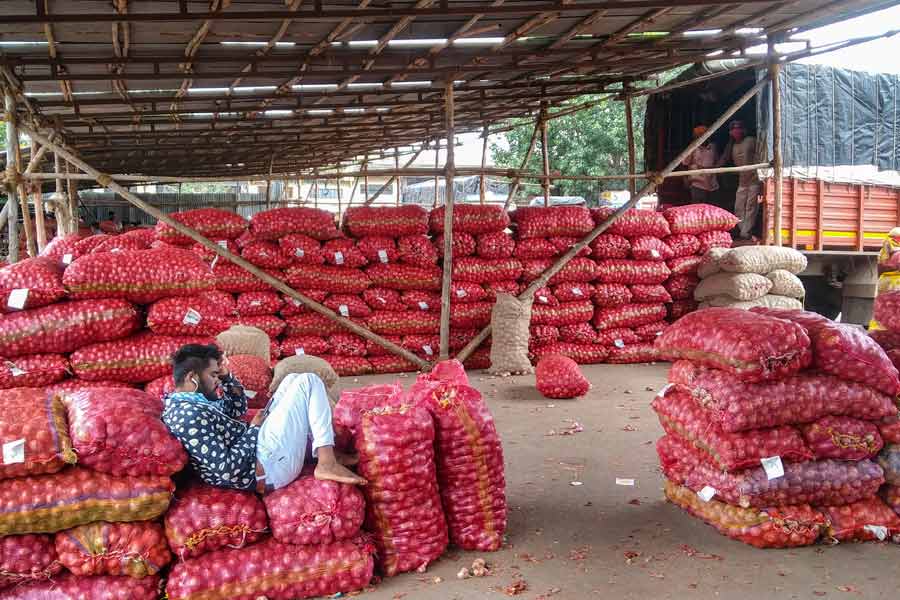Eight cities of Jharkhand are not meeting pollution standards set under the Centre’s National Clean Air Programme (NCAP).
The fact was shared with the media during a workshop in Ranchi on Friday, organised by an NGO, SwitchON Foundation, which is working for the protection of the environment.
“The government of India’s National Clean Air Programme (NCAP) is a step towards resolving the problem of deteriorating ambient air quality. The NCAP has set a time-bound goal to improve air quality across the country, focusing on 132 ‘non-attainment’ cities where air pollution standards are not being met,” said Gargi Maitra, an official of the NGO.
“This includes eight cities of Jharkhand namely Ranchi, Jamshedpur, Hazaribagh, Dhanbad, Bokaro, Deogarh, Dumka and Giridih. With the base year as 2017, the NCAP aims to achieve a reduction of 20 per cent to 30 per cent of particulate matter by 2024. The concentration of PM2.5 in the state is more than 2.5 times the national standard,” added Maitra.
Particulate matter (PM) are made up of particles (tiny pieces) of solids or liquids that are suspended in air.
“A report by the Lancet journal has said nearly 100.2 deaths per 1,00,000 deaths in Jharkhand occurred because of air pollution,” the official said.
“The 2019 Jharkhand State Action Plan on Climate Change suggests that when the temperature gets hotter, it can harm the growth of crops. For example, the production of rice, potato, green gram, and soybean will be less when the temperature goes up. For every one degree Celsius increase in temperature, there is a steady decrease in crop yield. These findings show that higher temperatures can negatively affect crop yields,” added Maitra.
The NGO official said: “If we do not take actions to adopt or consider the benefits of CO2 fertilisation, a temperature increase of 10 degrees Celsius alone could lead to a loss of 6 million tonnes in wheat production. This loss could become much worse if the temperature increases by 50 degrees Celsius, reaching a massive loss of 27.5 million tonnes.”
The CO2 fertilisation or carbon fertilisation effect causes an increased rate of photosynthesis while limiting leaf transplantation in plants.
“There is a need to highlight the urgency and need for action against air pollution and climate change among masses in the cities of Jharkhand,” said Vinay Jaju, managing director of the NGO.










